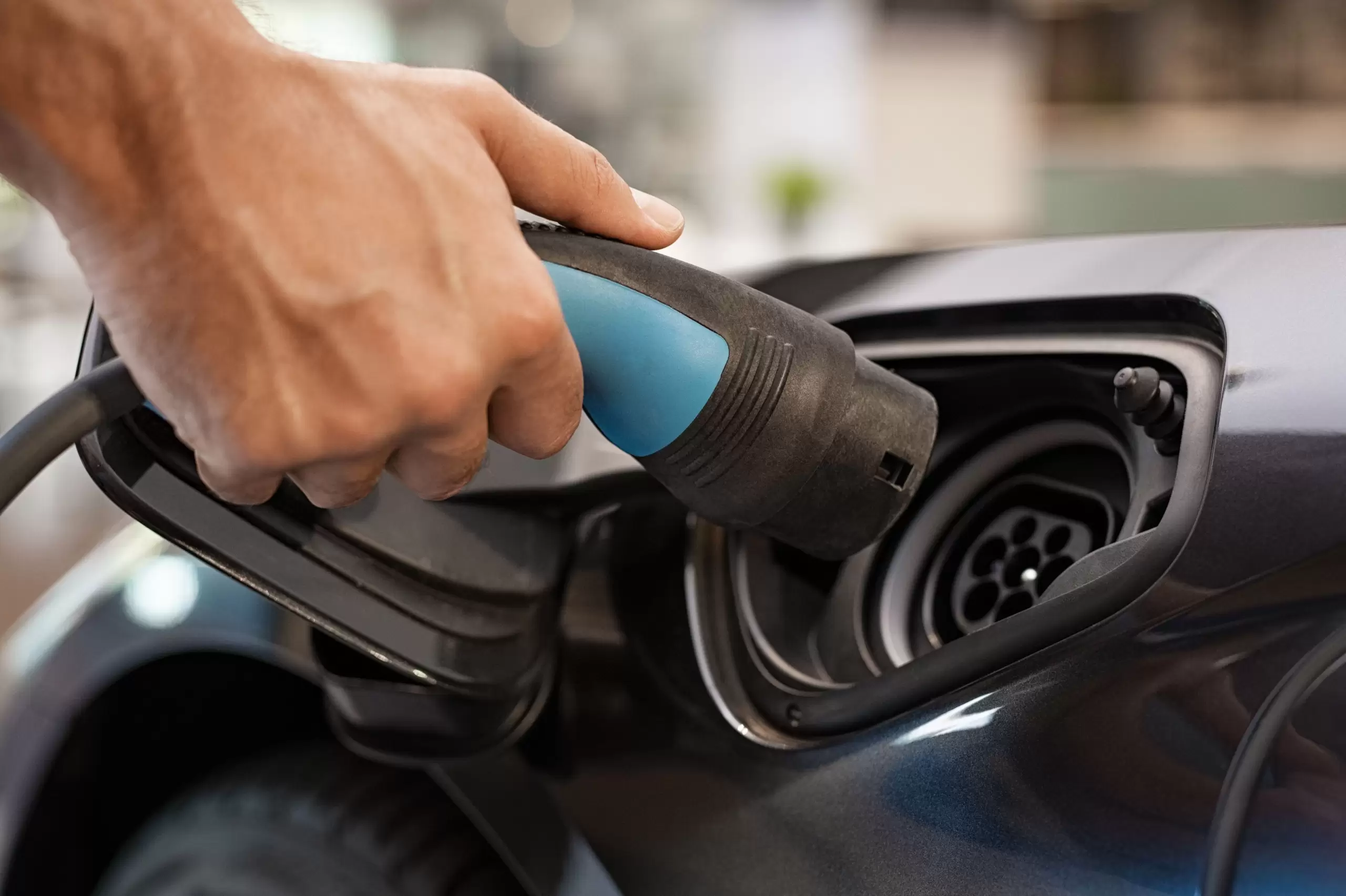With the rise in popularity of electric vehicles, there has been a growing need for electric vehicle (EV) charger installation. As electric cars become more common, many homeowners and businesses are looking to install EV chargers to make it more convenient to charge their cars at home or work

What is an Electric Vehicle Charger?
An electric vehicle charger is a device that charges electric cars by converting AC (alternating current) power to DC (direct current) power. There are several types of EV chargers, including Level 1, Level 2, and DC fast chargers. Level 1 chargers use a standard 120-volt outlet and can take up to 20 hours to charge a vehicle fully. Level 2 chargers use a 240-volt outlet and can charge a vehicle in 4-8 hours. DC fast chargers are the fastest and can charge a vehicle in 30 minutes or less.
Why is an Electric Vehicle Charger Necessary?
An electric vehicle charger is necessary for several reasons:
- Convenience: An EV charger provides convenience by allowing electric vehicle owners to charge their cars at home or work. This eliminates the need to visit a public charging station, saving time and money.
- Efficiency: Charging an electric vehicle at home or work is more efficient than using a public charging station. A user can simply plug in at night or when they arrive at work and the car should be charged up and ready to go when they are.
- Environmentally Friendly: Electric vehicles are environmentally friendly and emit no emissions. Charging an electric vehicle at home or work with a renewable energy source, such as solar power, can reduce the carbon footprint even further.
How Can Baltimore Wiring Solutions Help with Electric Vehicle Charger Installation?
An electrician is necessary for EV charger installation as it’s a complex and potentially dangerous task. Here’s how we can help:
- Assessment: We will assess your home or business’s electrical system and determine whether an EV charger can be installed. We’ll check the electrical panel’s capacity, the availability of a dedicated circuit, and other factors that may affect the installation.
- Plan and Design: If an EV charger installation is possible, we will work with you to plan and design the installation. This includes determining the type of charger needed, the location of the charger, and any necessary permits.
- Installation: We will install the EV charger, including the charging unit and any necessary wiring. We’ll ensure that the installation is done safely and efficiently, with minimal disruption to your daily activities.
- Testing: After installation, we will test the EV charger and ensure that it’s functioning correctly. This includes checking for proper wiring, grounding, and circuit breakers.
- Documentation: Finally, we will provide documentation of the EV charger installation, including a record of the installation, testing reports, and any necessary permits and certifications.
Electric vehicle charger installation is necessary for homeowners and businesses to provide convenience, efficiency, and environmentally friendly charging options for electric vehicle owners. Hiring an electrician for EV charger installation is essential to ensure that the installation is done correctly and meets local and national regulations. An electrician will assess your home or business’s electrical system, plan and design the installation, install the EV charger, test it, and provide documentation. Contact us to schedule an EV charger installation and provide convenient and efficient charging options for electric vehicle owners.
